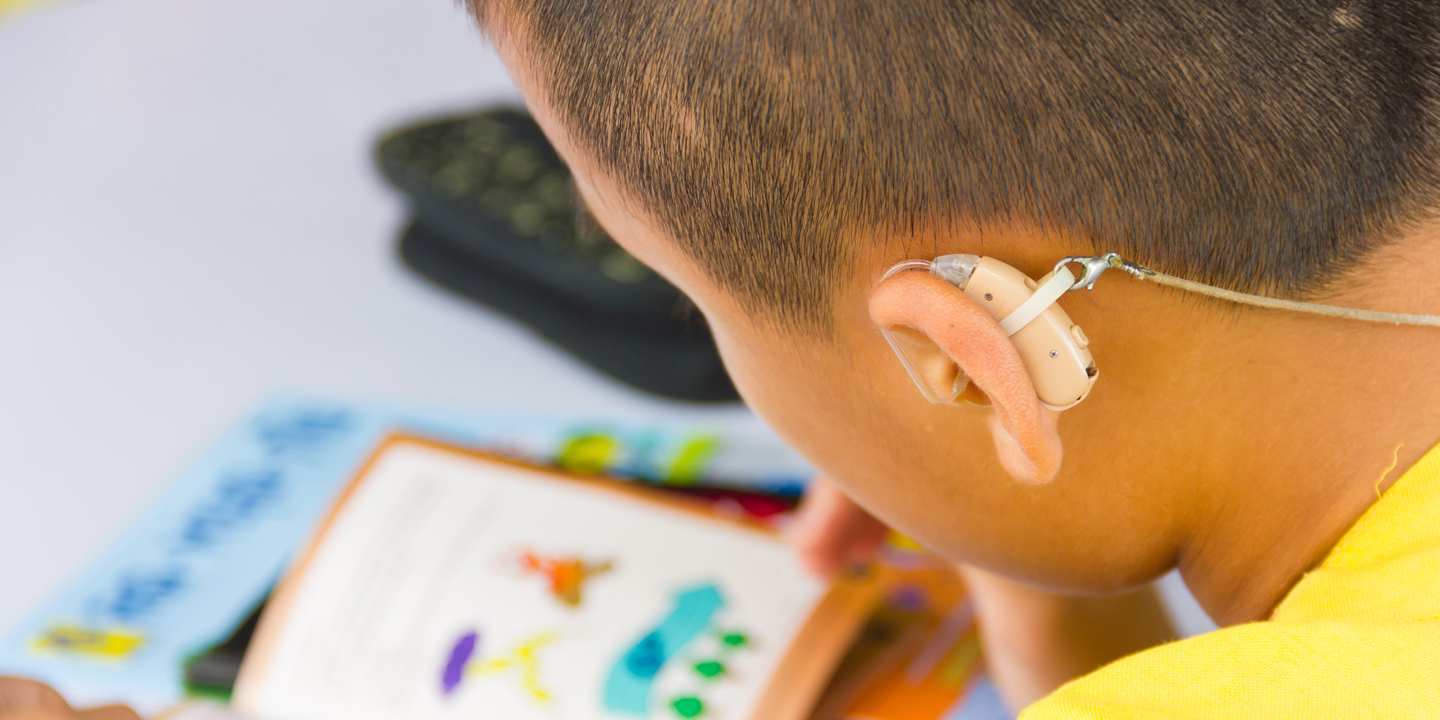
Assessing learning of students with disabilities
Research 13 Feb 2020 6 minute readThe Asia-Pacific region is home to 690 million persons with a disability. While there is growing attention towards educating children with disabilities in regular schools, countries around the globe struggle to establish fully inclusive education systems. In the Asia-Pacific, education of students with disabilities is delivered through both segregated schools and regular schools, however, the choice of school depends on the nature of disability and education needs.
Within this context, the Australian Council for Educational Research (India) supported the Network on Education Quality Monitoring in the Asia-Pacific (NEQMAP) in developing a thematic review on inclusive learning assessments for children with disabilities in the Asia-Pacific region.
Children with disabilities are less likely to attend school than their peers without disabilities, have higher dropout rates and get fewer opportunities as adults. Thus, the review calls for consolidated efforts to ensure that the learning progress of children with disabilities is reported in both high-stakes examinations and large scale assessments so that education systems provide a complete picture of educational achievement.
Students with disabilities need accommodations or alternate forms of assessment so that their learning can be measured at system and classroom level and targeted teaching strategies can be employed. Various kinds of accommodations should be made available to students depending on their needs and technology can play a pivotal role in providing assessment opportunities to children with disabilities. Put simply, diverse assessment approaches are necessary for testing students with disabilities along with a range of pedagogies that address their learning needs.
To understand how countries in the Asia-Pacific are currently evaluating students with disabilities, this study investigated four key areas that have an impact on testing students with diverse education needs:
- national policies
- teacher education
- assessment accommodations
- curriculum and pedagogy
The study found that some countries evaluate children with disabilities through formative assessment while others with established assessment systems or those who have participated in international assessments in the past allow participation of children with disabilities through accommodations. The review points out that children with severe disabilities or those who cannot be accommodated in national and international examinations are left out.
In order to improve learning for every child, the report suggests system-level assessment programmes need to:
- ensure mainstreaming of education of children with disabilities,
- provide teacher education with a focus on inclusion and specific modules on assessments,
- employ funding models that incentivise and support institutions promoting inclusion, including evidence gathering on the learning of students with disabilities,
- encourage partnerships with non-governmental organisations that support inclusion and provide access to a resource pool of assessment experts and
- ensure that leadership at all levels supports inclusion and uses inclusive assessments for evidence-based decision making.
The review highlights that teachers and school leaders require extensive and continuous training for teaching in inclusive schools. Thus, the philosophy of mainstreaming inclusive education must be incorporated within teacher education programmes. Quality pre-service and in-service training can improve pedagogies and transform learning especially in developing countries of the region where teachers are the backbone of education systems.
The availability of funding and incentives for mainstreaming inclusive education may not have a direct impact on inclusive education but it is a cross-cutting need. Funding is critical in encouraging schools to promote education of children with disabilities and invest in professional development programmes of teachers.
The report underscores that countries in the region have unique education systems, hence, the policies, practices, progress and readiness of each country varies. It examines the cross-cutting factors that affect the inclusion of children with disabilities in mainstream schools and recommends ways to advance effective implementation of inclusive learning assessment.
The findings of the report will contribute to UNESCO Bangkok’s review of the SDG efforts in the region.
Read the full report:
'Equitable learning assessments for students with disabilities' by Anannya Chakraborty and Amit Kaushik (ACER) and the UNESCO Office Bangkok and Regional Bureau for Education in Asia and the Pacific (2019).
